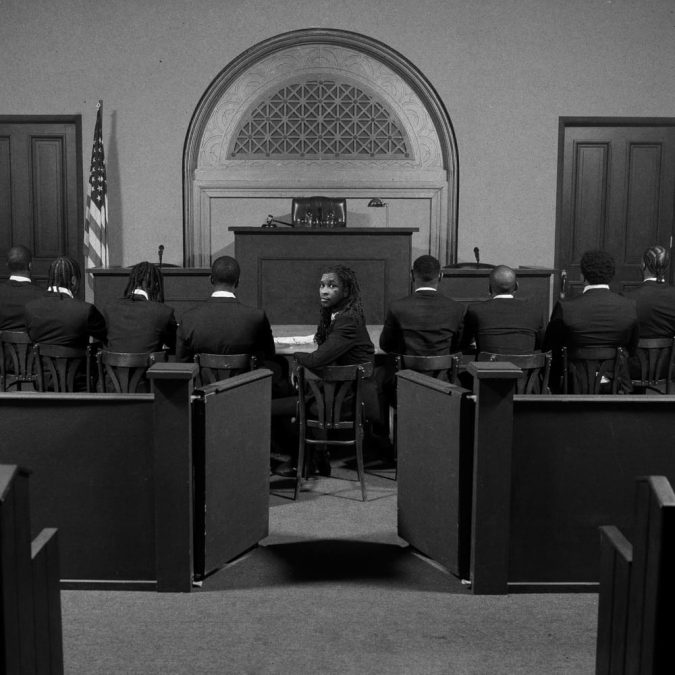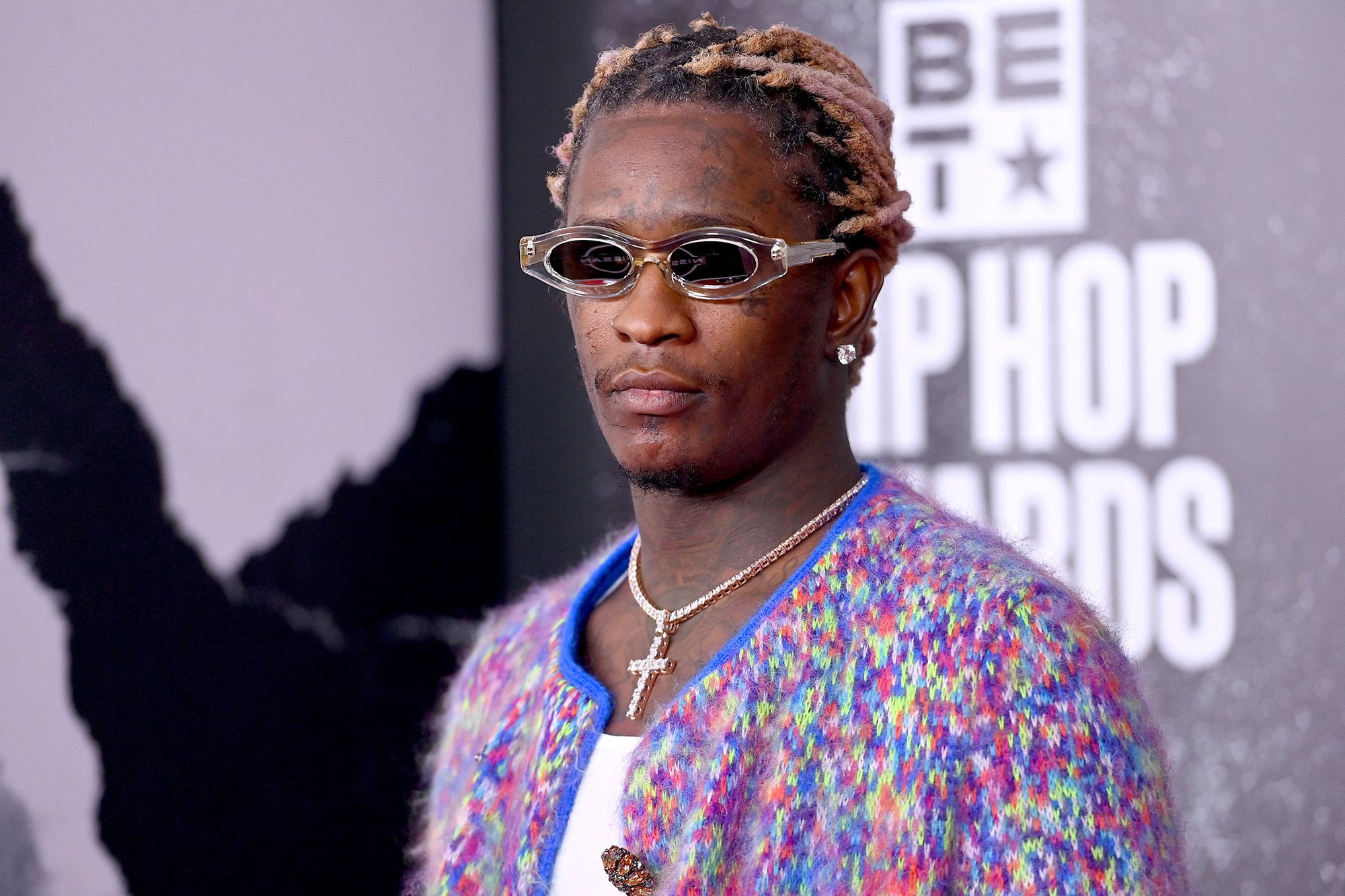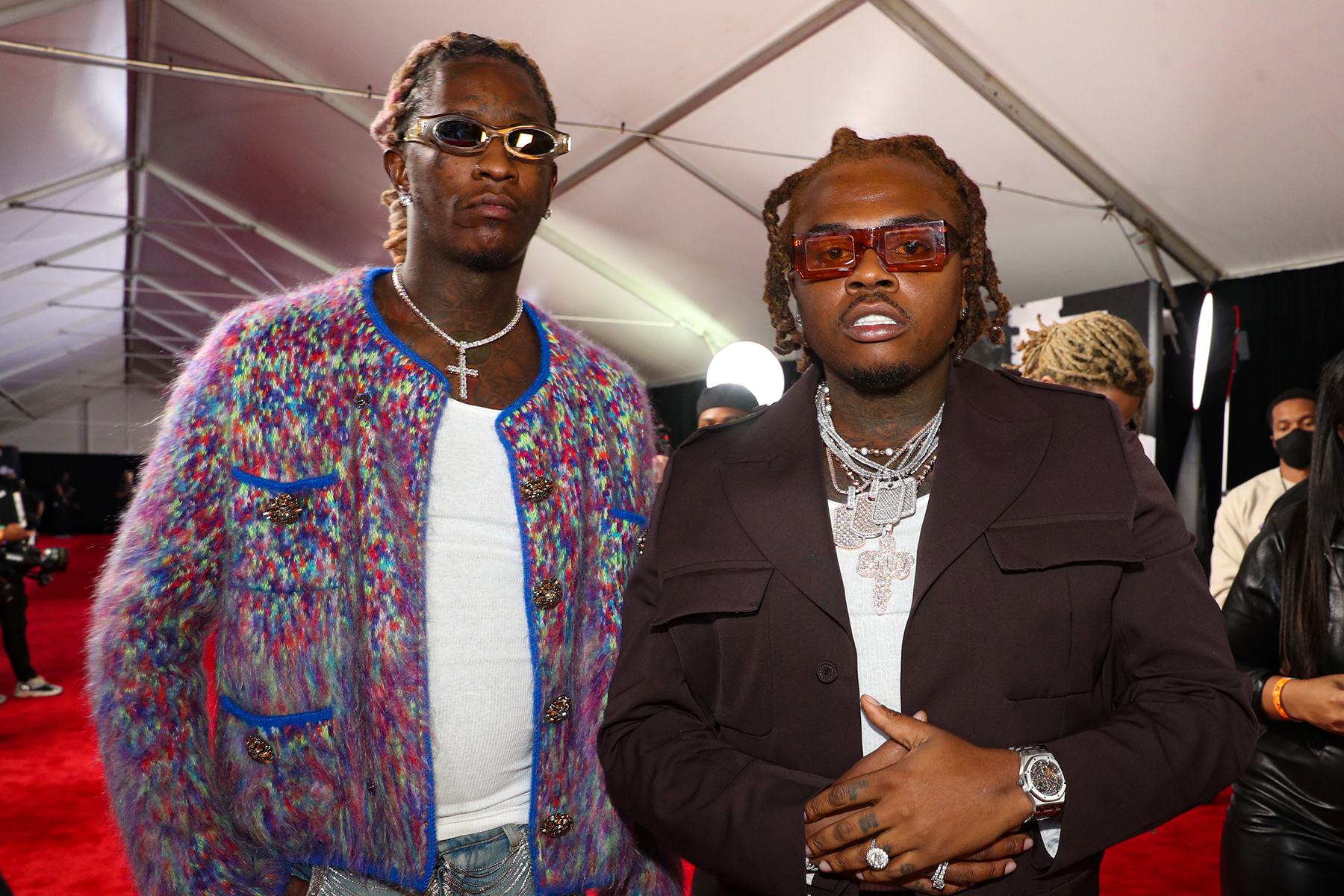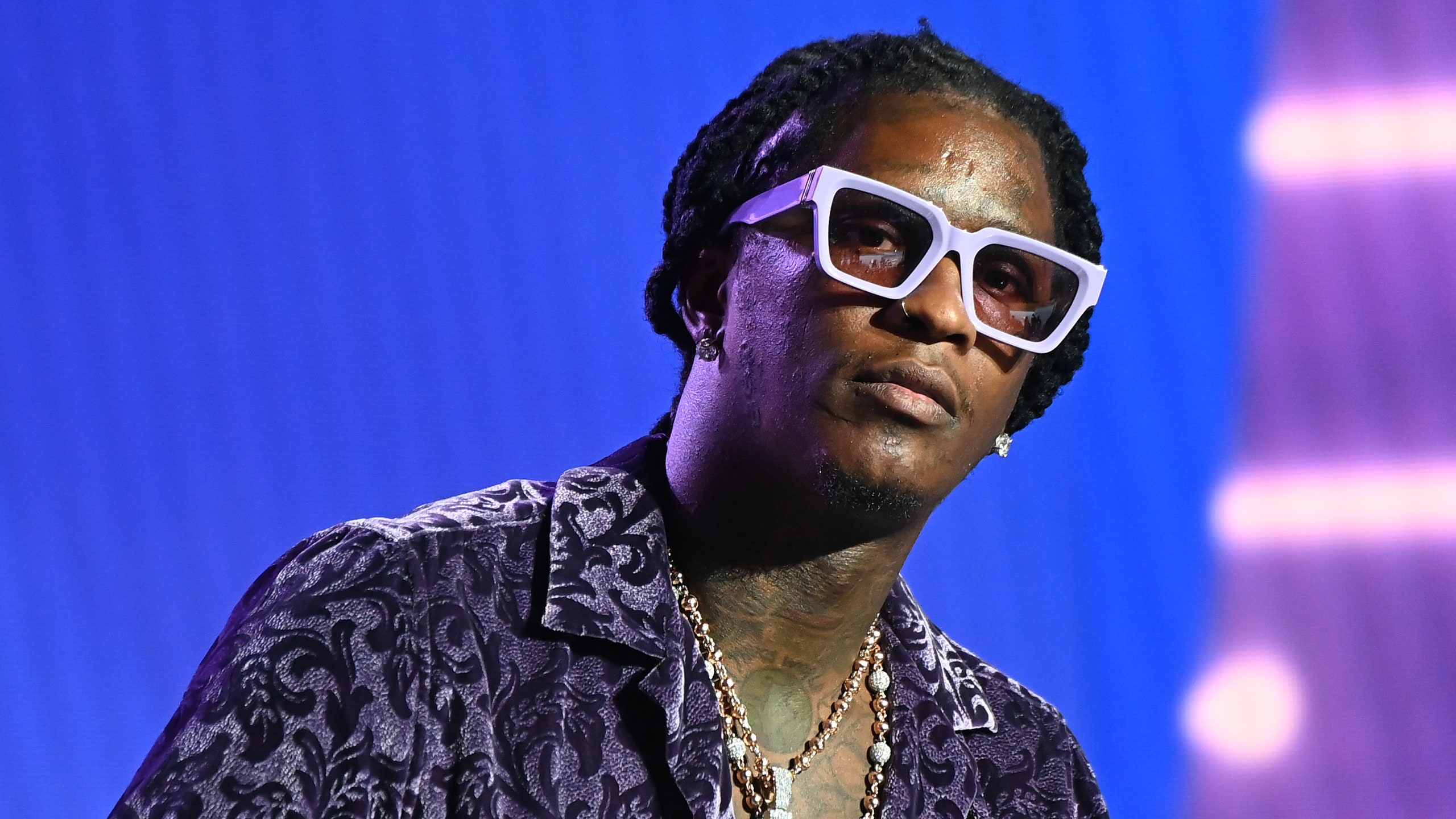YOUNG THUG DELIVERS AN UNEVEN SURPRISE ON ‘BUSINESS IS BUSINESS’

It’s difficult to pinpoint precisely where Business Is Business fits in time. Young Thug hasn’t released a record since 2021’s Punk, but more significantly, this is his first album since he was imprisoned over a year ago. In a RICO lawsuit brought against him and his label, Young Stoner Life, he has been denied bail four times and is still awaiting trial.
Thugger has become one of the most prominent rappers currently active since the release of “Stoner,” his breakthrough track from 2014. He uses his voice as a primitive instrument, twisting it into gorgeously bizarre musical patterns.

With albums like 2019’s So Much Fun, Thug demonstrated his ability to sound dramatically like himself. He’s not as inventive as he was ten years ago, but he’s also not as odd as he was in the late 2010s. Business Is Business definitely has a Young Thug sound to it, but it’s a deflated version that doesn’t quite know what it wants to express. Rappers shouldn’t be required to be the means by which common listeners discover that the criminal justice system in the United States is unreformable.
Hence, this review does not bemoan Thug’s lack of comments on the American justice system. But it’s a little perplexing that his condition receives so little attention.

Gunna battles his sorrow while attempting to avoid accusations of snitching. There isn’t much mention of Thug’s situation on Business Is Business, except from the phone conversation from jail in the album’s opening track and the introduction to “Global Access.” As an illustration, the first voice we hear is an ambiguously singing Drake. He may be speaking on behalf of Thug and declaring what he’ll do once he’s free, or he may just be Drake, swooning over a woman he met or made up. It’s too hazy to establish a tone.

Business Is Business is a strong Young Thung record when removed from the current setting. He continues to be as bizarre as ever, constantly seeking new vocal gimmicks. Thugger forgoes melody but retains autotune on “Cars Bring Me Out,” a typical example of their synergy, giving his vocals a warbly, uncanny valley gloss.
On “Money On The Dresser,” he mimics Project Pat with his flow. On the Lil Uzi Vert-assisted “Hellcat Kenny,” Thug struggles against the sparse production and falls into a heavy-lidded, mealymouthed performance. With autotuned whistling that transitions into the quavering hook, “Uncle M” showcases some of his most subtly bizarre vocal performance. The cinematic beat seems to be at odds with the way Thug’s pitch bends the ends of his bars. It lends the song a cartoonish menace that is both alluring and unsettling.
Business is a win for Metro Boomin’s curatorial abilities more than anything else. He earned the title of executive producer by shaping the album’s greyscale vibe. The majority of the beats are provided by Metro, but he also works with other producers including Wheezy, Aviator Keyyz, and F1LTHY who complement the erratic environment. From the shimmering synths of “Gucci Grocery Bag” to the sea of sub-bass on “Wit Da Racks,” everything has a little paranoid vibe. Though the dreary sound doesn’t always match Thug’s rote materialism, Metro succeeds in maintaining a high level of intensity with brisk sequencing.
How Business Is Business will fit into Thug’s entire discography is still up in the air. Thug is pictured on the album’s cover seated in the middle of a courtroom, sternly facing the camera.
The music isn’t nearly as entertaining or imaginative as his prior work, so there isn’t much additional context to be found there. It’s unclear exactly what Thug was attempting to say with this song; if it’s just some light entertainment for the listeners as well as the artist, it’s a little too somber.
Thug’s future may become clearer as the lawsuit progresses, and Business may have greater significance within his body of work. But for the time being, we’re left with a somber, secretive record that’s difficult to interpret.



